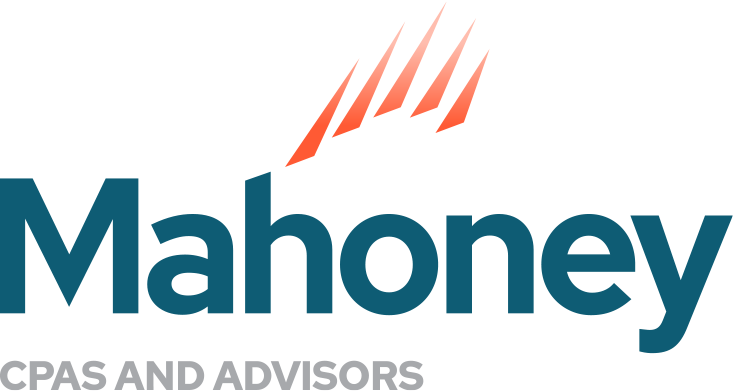
Fix These Common Issues in Employee Benefit Plans
When the calendar rolled forward from 2020, many people breathed a sigh of relief as we put that year behind us. While COVID-19 continues to be a major problem, there may also be not-so-obvious issues from 2020 that could plague employee benefit plans in 2021. Plan administrators can take these steps to help mitigate any of these common fiduciary issues in their plans.
1. Review Plan Documents and Employee Eligibility Status
One common issue with employee benefit plans is incorrectly including or excluding an employee for participation. To combat this issue, a best practice is to have processes implemented to accurately track employee demographics such as age, hours worked and time of employment. You should also compare these demographics to plan requirements as laid out in the plan document.
It is also a best practice to keep records showing all eligible employees were given the opportunity to participate in the plan, regardless if they participated or declined. If you have realized that employees either were not given the opportunity to participate in the plan in a timely manner or have been participating without meeting the criteria set forth in the plan document, the use of an IRS-approved correction method can help fix these issues.
2. Compensation
On the surface, determining which compensation can be used to calculate employee deferrals may sound simple, but errors caused by using incorrect plan compensation are common, especially when the compensation is not paid on a regular basis. Bonuses, severance pay and commissions are a few of the types of pay that tend to cause issues when plan administrators calculate participant deferrals.
A good way to prevent issues stemming from plan compensation is to review the plan document regularly to become familiar with the plan’s definition of compensation. Have controls in place to monitor payroll, and compare employee deferrals to recalculations of payroll and employee-elected deferral amounts.
3. Timeliness of Contribution Remittances
Withholding employee contributions and failing to remit them to the plan in a timely manner is a good way to get on the bad side of the Department of Labor (DOL). The DOL requires the employer to remit employee contributions to the plan’s trust as soon as the assets can be reasonably segregated from the company’s general assets, or as soon as administratively feasible. This can mean different things for different employers depending on the employer’s circumstances and controls in place surrounding employee contribution remittances. While the DOL has said that in no event should deposits be remitted to the plan later than the 15th day of the following month from when they are withheld from an employee’s pay, this is not a safe harbor. A 7-day safe harbor does exist for plans with fewer than 100 participants, however.
If an employer fails to remit employee contributions to the plan in a timely manner, there are actions they can take to correct the issue, including utilizing the DOL Voluntary Fiduciary Correction Program or the IRS Self-Correction Program, Voluntary Correction Program or Audit Closing Agreement Program. The corrective action required or allowed depends on the specific facts and circumstances of the employer’s noncompliance.
4. Employer Matching and Profit-Sharing Contributions
Most employees would appreciate employer matching or profit-sharing contributions. After all, who doesn’t like free money? For the employer, however, it is crucial that these contributions are correctly calculated and deposited to the plan. It is important for employers to become familiar with their plan document and the terms and conditions associated with calculating and paying employer matching or profit-sharing contributions.
Considerations include participant eligibility, what types of compensation are eligible to be matched and the timing of the contribution calculation (using compensation per pay period, quarterly, annually, etc.). In the event that noncompliance is discovered with relation to employer matching or profit-sharing contributions, the IRS offers corrective action programs to fix the issue.
It’s Not Too Late
Though there may have been events that transpired in 2020 whose effects are still felt today in your organization, regulatory agencies typically afford employers means of correction for mistakes that have been made.
A final thought: It is important for employers to review their internal control structures and processes to ensure they are able to continue operating their plan in a way that will prevent and detect issues that arise, especially with the changes that have been brought about by COVID-19.
Contact your plan record keeper or third-party administrator if any questions should arise regarding preventing potential noncompliance or correcting noncompliance that has already occurred in your employee benefit plan. For significant noncompliance, contacting an ERISA attorney can be the best course of action for employers.
For additional considerations please reach out to Tyler Hanson, CPA or contact our Assurance Solutions Team at Mahoney.
ADDRESS
10 River Park Plaza, Suite 800
Saint Paul, MN 55107
(651) 227.6695
Fax: (651) 227.9796
info@mahoneycpa.com
© 2024 Mahoney | Privacy Policy
Mahoney Ulbrich Christiansen & Russ, PA



